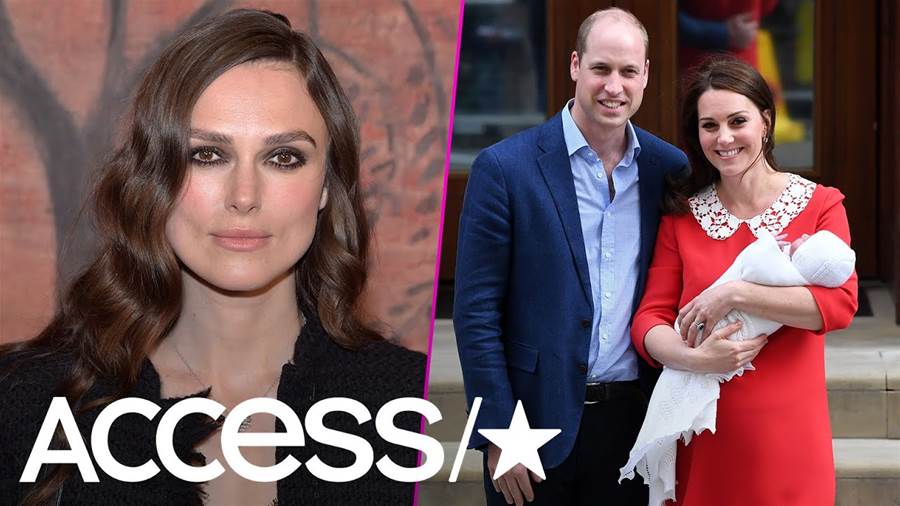
In an intriguing revelation, comedian Katt Williams claims to have uncovered the reason behind Tyler Perry's alleged sale of his soul to Hollywood. Williams suggests that Perry's drive to become successful in the industry has led him to make certain compromises that have impacted his creative freedom and authentic voice.
During an interview with self-proclaimed "Black Lives Matter activist" Zo Williams on the latter's show, 'The Zo What? Morning Show,' Katt Williams expressed his views on Perry's success and the sacrifices he believes he has made.
Williams claims that Perry's decision to portray Madea, a character often showcased in his films, is a prime example of compromising one's true self for the sake of success.
The article is not finished. Click on the next page to continue.








